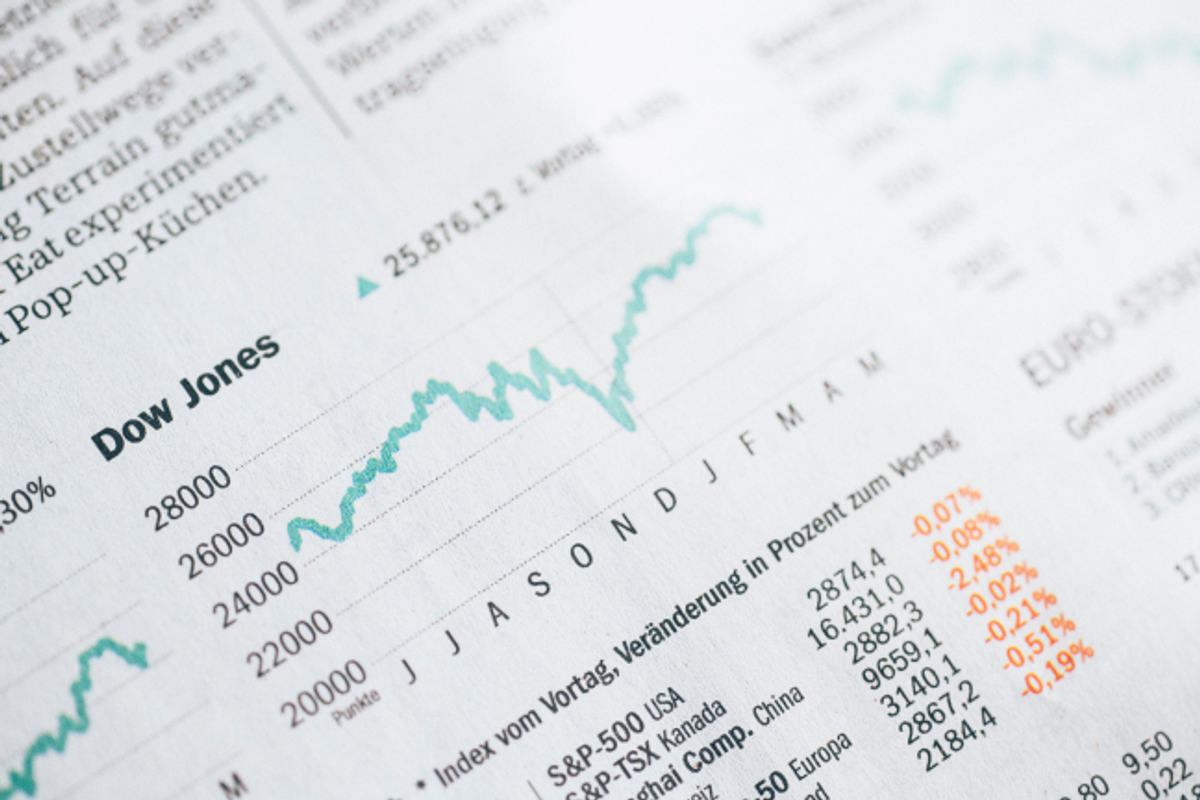Understanding Impact Investment

Impact investing has recently been growing in popularity. In this post we discuss what is meant by the term.
In recent years, impact investing has become increasingly popular in the world of finance. Nevertheless, what one means by impact and how it plays a role in investing is not always clear.
This blog post seeks to introduce the concepts of impact and impact investing, as well as taking a look at how the United Nations’ Sustainable Development Goals (SDGs) offer a measure for impact.
Impact and Impact Investment
Impact, semantically, has both positive and negative connotations. Impact investing focuses on the positive impact: businesses that contribute to solutions that affect society or the environment.
Impact Investing is becoming more crucial than ever. More and more private businesses are creating big waves in addressing some of the world’s greatest problems.
For example, a company currently seeking funding with SeedTribe is 28 Well Hung, a fast-casual dining concept that serves pasture-raised beef with both ‘taste and traceability’. They are a part of the fast-growing movement to regenerate 1 billion hectares of grassland by 2025, by ensuring their products come from farms that prioritise biodiversity through grazing management.
This is just one example of how the world of private business can make meaningful impact. What remains important, however, is determining if a business is indeed impactful or not.
Determining Impact
Like most things in the world of business, having a measure for impact is essential. While I have discussed this before, it is important to cover how SeedTribe ensures impact is measured when looking at businesses.
We have found that there’s no one-size-fits all for measuring impact (or certainly, not one that we’ve discovered!). So quite simply, we look at each business individually and ask them the question directly: what is the problem you are seeking to address, and how are you measuring the impact of your mission? Someone might measure reduction in homeless by the number of people at risk of homelessness and who have been prevented from becoming homeless, whereas others might measure that same challenge by the number of people who’ve been off the streets for a year and gone on to get jobs. So even within one specific challenge, people may address the impact measurement in a different way. We delve into businesses and use our experience to judge whether their measure of impact is in line with the core of their business model.
As a first step, SeedTribe compares companies against the 17 Sustainable Development Goals (SDGs) created by the United Nations in 2015 to determine their impactfulness. All 193 Member States of the United Nations have committed to achieving these goals by 2030. The SDGs therefore act as a globally recognised measure for impact, as much as one can be.
Moreover, the SDGs offer concrete and measurable targets and indicators. Read more about how these goals can be inserted into Key Performance Indicators here.
Impact Investing vs. ESG vs. SRI
The current space of investment is full of a plethora of acronyms and similar sounding concepts that it is hard to distinguish one from the other.
Environmental, Social and Governance (ESG) investing focuses on investors who place their money in businesses with high financial returns that focus on one of the three areas in its name. ESG builds upon traditional finance by looking at more than just financial risk, but also as to how these businesses shape society at large in a meaningful way.
Socially Responsible Investing (SRI) adds a specific ethical lens to investment. That could be a religious, personal, or political lens. From this lens, investors screen both positively and negatively investment opportunities so as to not put their money in enterprises that go against their convictions.
Impact Investing has a broader focus. It focuses on generating positive impact in some way. In short, impact investing covers both ESG and SRI and strives to generate positive change in society.
For more detail, read about the differences here on Investopedia.
Why Impact?
At this point, many readers may start to wonder “why does this matter to me” or “my investment strategy has worked for me, why chance it?”.
Investors are always looking for the next big thing that will make a great return on investment. Impact investing is a fast-growing market with the possibility for huge returns. The United Nations’ Secretary General estimates that the market for achieving the SDGs could generate some $12 trillion.
Investing in impact not only helps an impactful business launch, but also provides a business the opportunity to focus on a certain aspect of society or the environment that governments may not always be able to spend the most time or money on, while providing employment in local communities. Impactful businesses are not just found in emerging economies. Businesses listed on SeedTribe are based in the UK, allowing investors to invest easily at the local and national level.
Each one of us can do our part to change the world. Investing in impactul businesses is just one of the ways investors can ensure the private sector is doing its part.